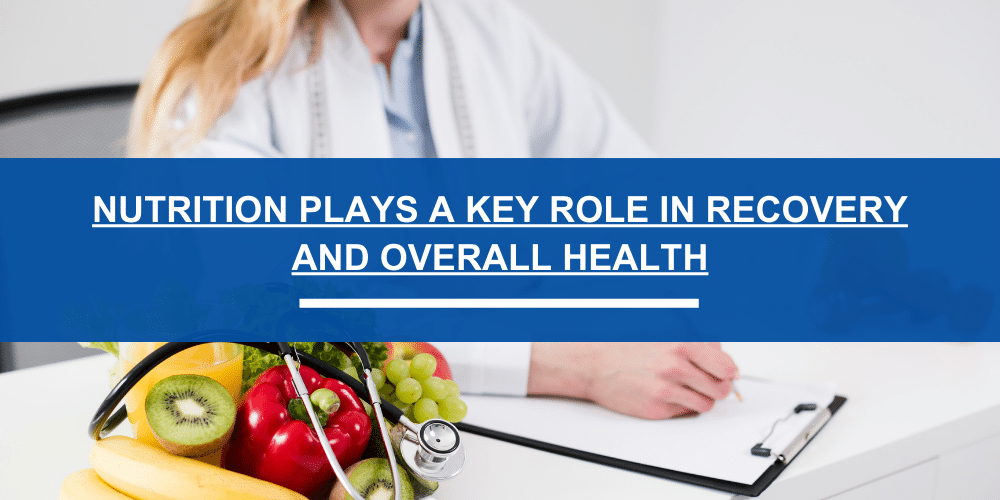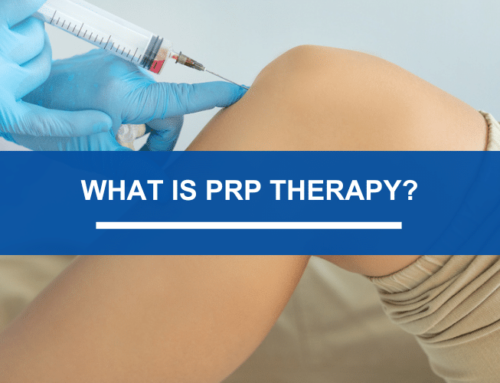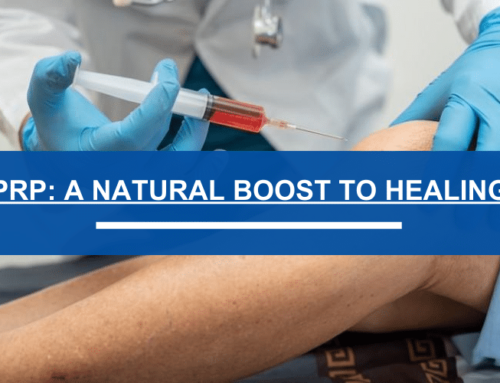When it comes to recovery, managing chronic conditions, or improving overall health, patients often focus solely on medications or physical treatments. However, one of the most important factors that are sometimes overlooked is the vital role nutrition plays in the healing process. Proper nutrition not only supports physical well-being but can also significantly impact recovery time and overall quality of life.
How Nutrition Affects Recovery
Recovery from surgery, injury, or illness requires more than just time and physical therapy; it needs proper fuel to support the body’s healing processes. Nutrient-dense foods provide the body with the vitamins, minerals, proteins, and antioxidants needed to repair tissue, fight inflammation, and support immune function.
For example:
- Protein: Essential for tissue repair and muscle rebuilding, adequate protein intake helps the body heal faster. After surgery or injury, protein supports the repair of damaged tissues, making it a critical element of recovery.
- Vitamin C and Zinc: Both are vital for immune function and tissue repair. Vitamin C aids in collagen production, which is essential for wound healing and maintaining healthy tissues, while zinc supports the immune system and accelerates recovery.
- Omega-3 Fatty Acids: Found in foods like fish, flaxseeds, and walnuts, omega-3s have anti-inflammatory properties that can reduce swelling and promote faster healing.
Managing Chronic Conditions with Diet
For patients with chronic conditions like arthritis, diabetes, or cardiovascular disease, nutrition plays a pivotal role in managing symptoms and slowing disease progression. For example, anti-inflammatory diets rich in fruits, vegetables, whole grains, and healthy fats can help manage conditions like rheumatoid arthritis and reduce flare-ups.
Additionally, for people with diabetes, managing blood sugar levels through a balanced diet is crucial to prevent complications and maintain overall health. Nutrition is not just about weight management; it’s about nourishing the body for optimal performance and healing.
The Importance of Hydration
Hydration is another key aspect of recovery and overall health that patients should prioritize. Dehydration can slow down the body’s ability to heal, impair nutrient absorption, and affect muscle function. Drinking enough water is essential to keeping the body’s systems functioning efficiently, particularly during the recovery process when the body requires extra resources for tissue repair.
Conclusion
Patients should be encouraged to view nutrition as a fundamental part of their healthcare journey, alongside physical therapy, medication, and lifestyle changes. Eating a balanced diet, staying hydrated, and incorporating the right nutrients can significantly improve the speed of recovery, help manage chronic conditions, and promote long-term health. By focusing on nourishing the body from the inside out, patients can optimize their healing, prevent complications, and enhance their overall well-being.
Encouraging patients to consult with a nutritionist or healthcare provider for personalized dietary recommendations can make a world of difference in achieving their health goals. So, when working towards recovery or improving wellness, remember: you are what you eat!







